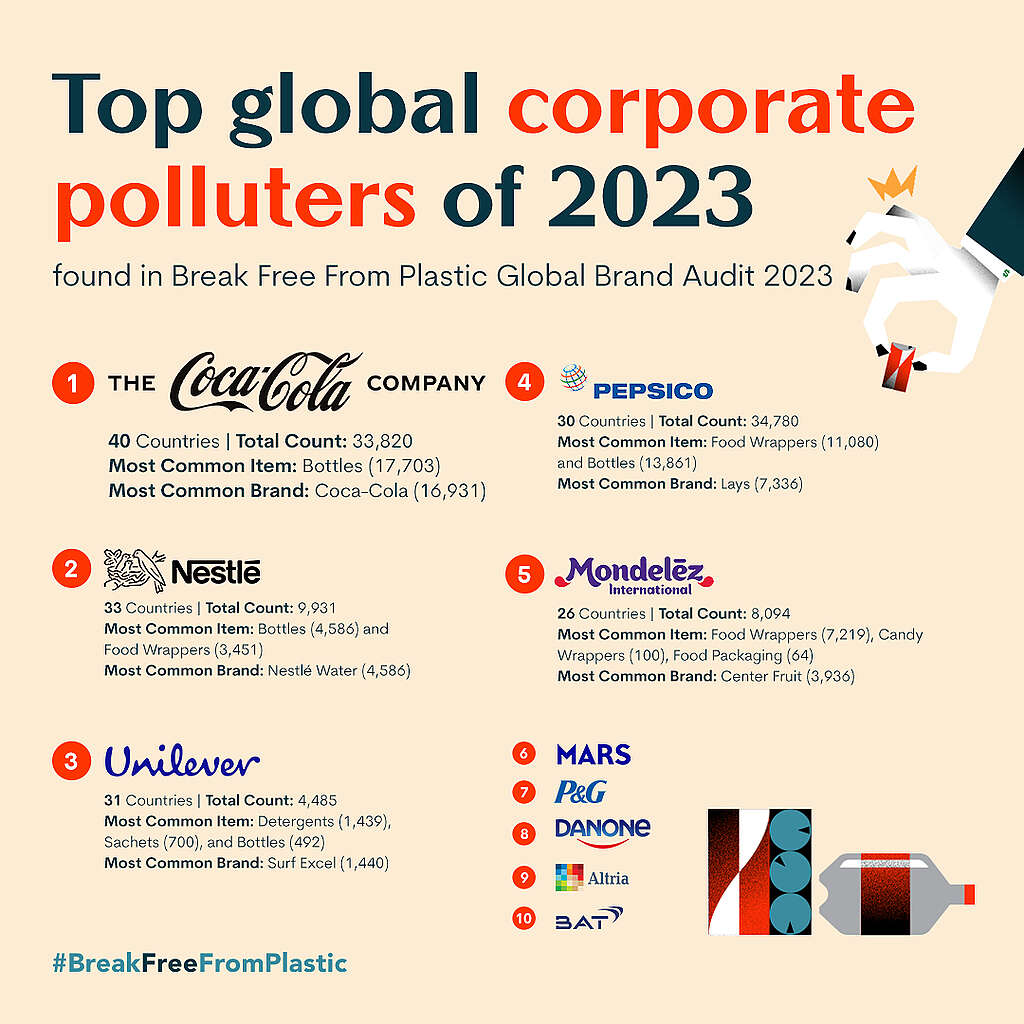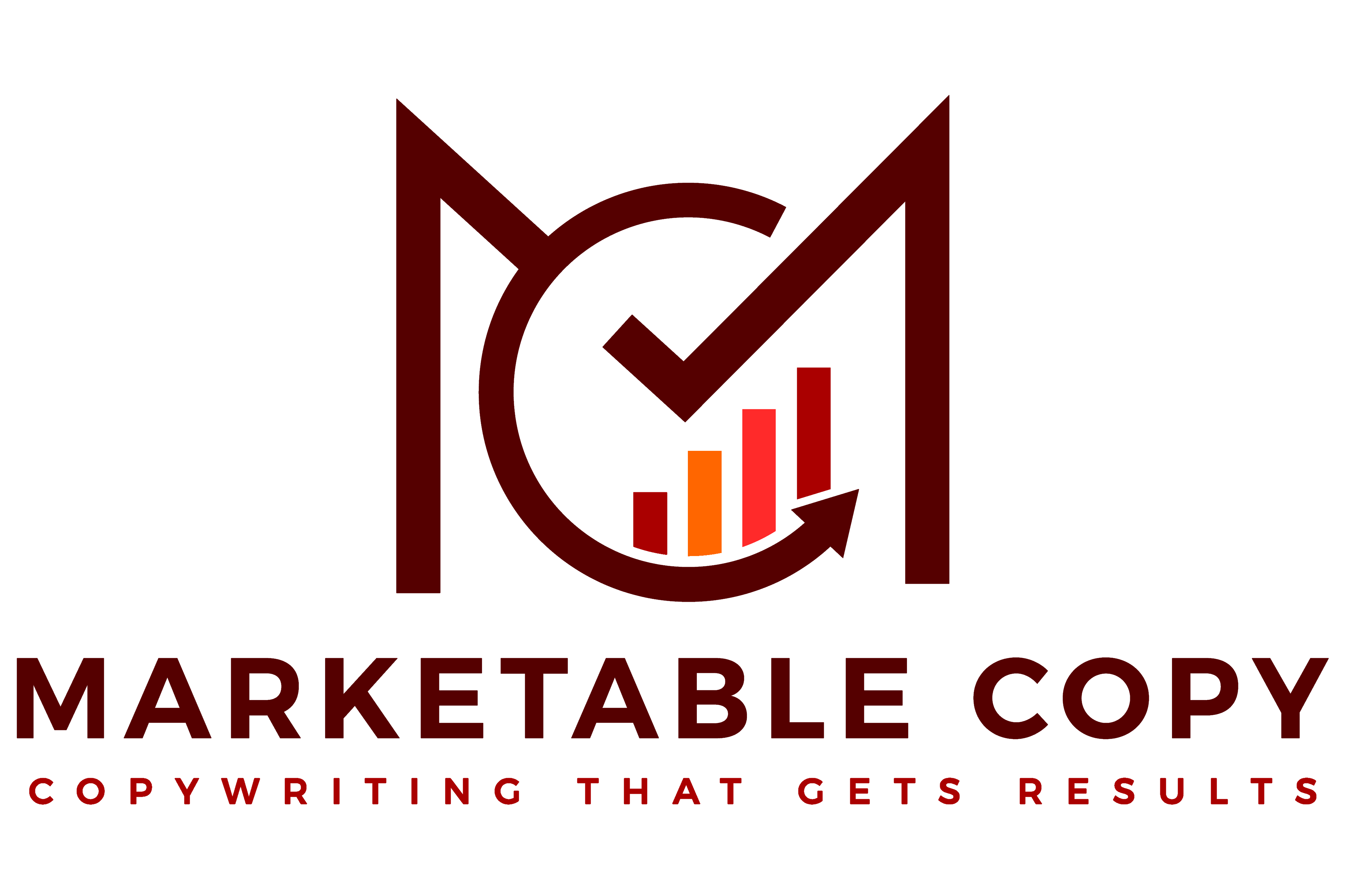At first (and second) glance, Apple’s recent ad for the iPad Pro isn’t awful. The ad features a number of objects—paint, instruments, cameras, gaming devices—all piled onto a giant hydraulic press. The pressing plate then rides down and squashes the objects flat. The piano explodes, the paint splatters, and the camera lenses shatter. The plate then lifts to reveal Apple’s thinnest iPad Pro ever.
The message is that many creative tools have been “pressed” into the new iPad. But that’s not how many creatives interpreted the ad. What they saw was wanton destruction of their cultural heritage. A blatant disregard for professional knowledge. A replacement of specialized skill.
Talk about Tuned Out
If this ad had aired just two or three years ago, it wouldn’t have merited more than a shrug. (From an advertising perspective, it’s pretty mediocre.) But this isn’t two or three years ago. This is the age of AI. Social media feeds are flooded with anecdotes, questions, and discussions regarding AI’s affect on our livelihoods. And not just our livelihoods, but also what it means to think, create art, and be human.
For example:
- Are you a real artist if you type a bunch of words into a text box and receive an image you pictured in your mind? An image pieced together by things other artists created?
- Since art is a form of human expression, can anything produced by a machine even be called art?
- Are commercial interests exerting too much control over what gets created and how? Is now the time to push back?
- Can artists protect their work when AI companies (*cough, OpenAI, cough*) are indiscriminately ripping it from the web to train their models?
This is the cultural environment in which Apple chose to assemble a mountain of treasured creative tools and crush them into dust.
I get it. Those hydraulic crushing videos on YouTube snag tons of views. But someone on the advertising team should have been culturally aware enough to read a room. Or maybe just LinkedIn, for starters. These conversations are happening everywhere.
They’re not Alone
While we’re at it, let’s talk about another crushing advertisement: Coca-Cola. They crushed their logo to encourage customers to recycle their bottles and cans. Agency bigwigs raved about how “brave” it was for a brand to distort their logo like that.

But most left out an inconvenient fact: Coca-Cola is the largest producer of single-use plastic bottles on the planet, to the tune of 108 billion bottles or 3 million tonnes of plastic annually. The amount of pollution it contributes to the environment inspired Greenpeace to label the Coca-Cola company “a global menace.” Even if consumers place every Coca-Cola bottle into a recycling bin, only a fraction will ever reach a recycling plant. There aren’t enough plants to support the amount of recycling needed, and single-use plastic sits somewhere between difficult and impossible to recycle. They’re out here crushing their logo while crushing the rest of us and the planet with plastic waste, knowing there’s no good way to clean it up.
That’s not brave. It’s craven.

Apple’s iPad ad is likewise craven. It’s not so much the content but the context that makes it so. Artists are expressing genuine concern (and, in some cases, alarm) at the rate it seems technology seeks to usurp our talents while companies and investors rake in the profits.
That’s not the time to crush paint cans and pianos. That’s the time to engage with empathy.


Leave a Reply